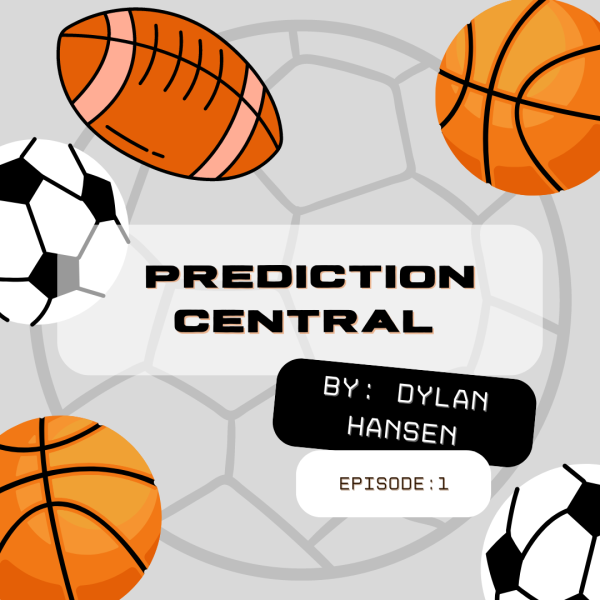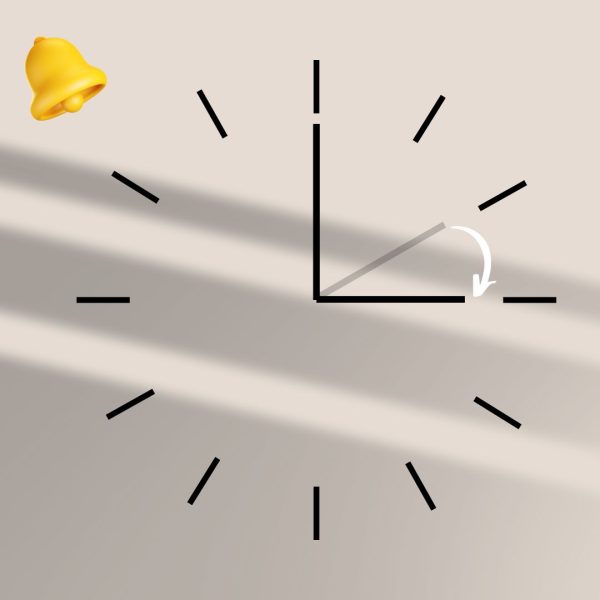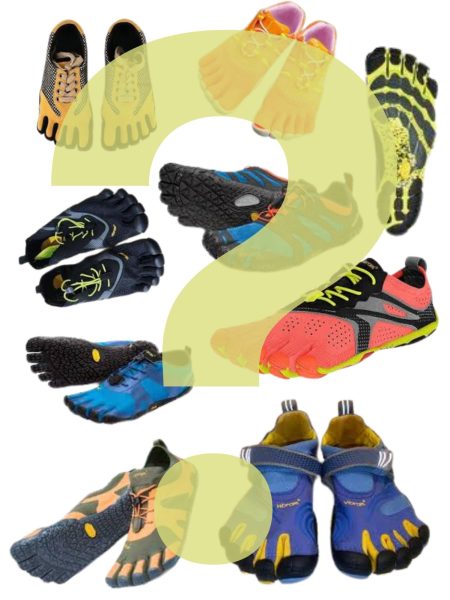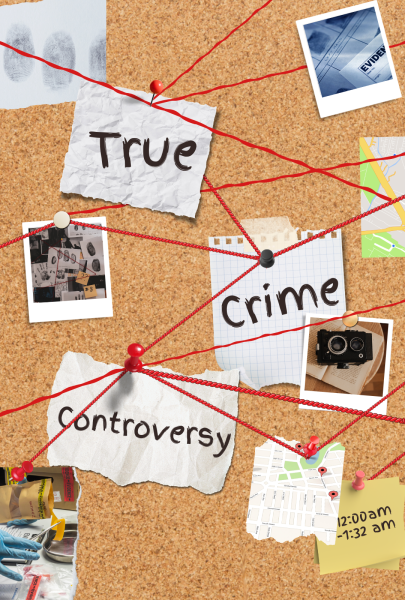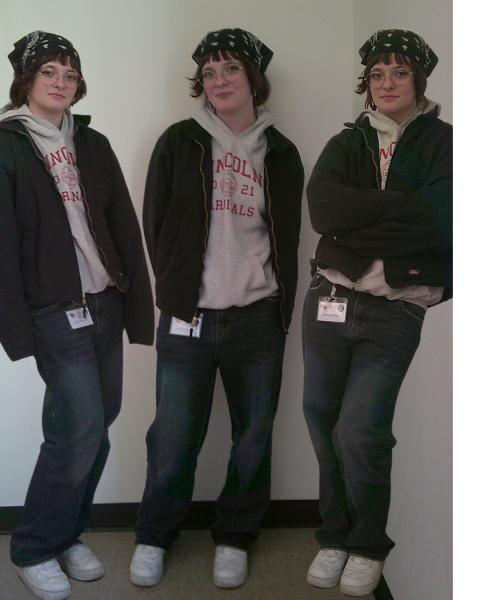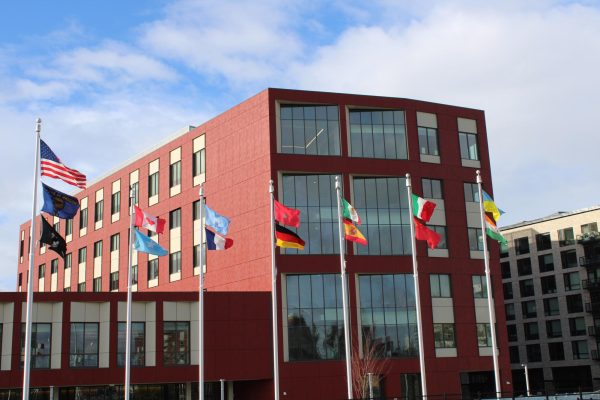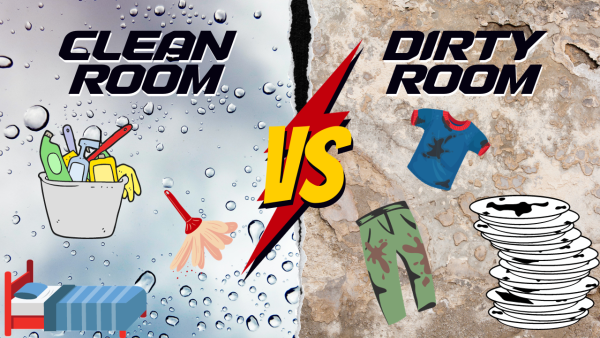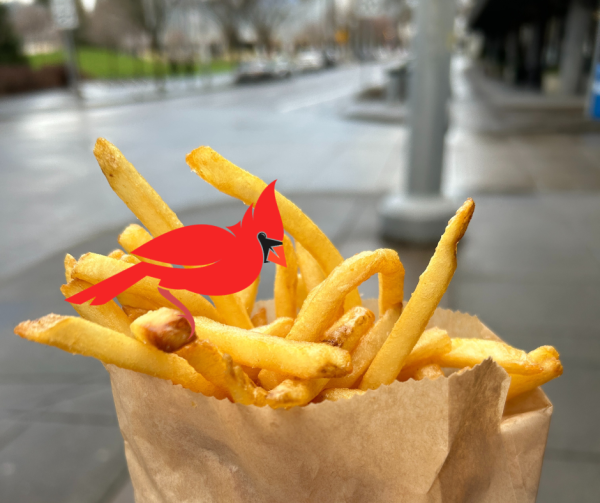Readers Respond: Arguments for and against school reopening, vaccination pleas, Black Lives Matter, mental health
Below are some of the Letters to the Editor that The Cardinal Times has recently received.
In response to Editorial: It’s too early to return students en masse to Portland high schools:
As a freshman in high school I have been taking classes at Lincoln for about six months but I have never set foot inside a Lincoln classroom. I have been able to keep up with my classes. However, many other students in Oregon and across the country have not been as fortunate.
According to an article from The Washington Post and an article from Greenville News, class failure rates have skyrocketed since online school started in school systems from Fairfax County, Virginia, to Greenville, South Carolina.
Many less privileged students rely on school for meals, physical activity and healthcare. Also, online school is especially challenging for students who cannot get help with mental health problems. Additionally, being social and making friends is a big part of school for freshman and new students like myself. This is taken away by online school.
I acknowledge the people pushing for school to stay online, and that they believe it is unsafe for students and staff to return because of COVID-19. But as vaccines are distributed, daily cases in Oregon continue to drop. According to an article from NPR, research found that there is no evidence that reopening schools causes cases to rise. When schools in Oregon do re-open it will be with many precautions. But it is important that they do sooner rather than later as students’ struggles with online school could affect their future.
Declan McCurdy is a student at Lincoln High School.
In response to PPS providing hybrid learning options for all students beginning April 19:
As a current high school student who works very hard to get good grades and doesn’t really need any extra help, going in-person isn’t a must. Even though it would be great to see other students and interact with teachers at school, it isn’t a necessity due to the fact that there is a risk of getting exposed to COVID-19. It just seems too soon, with cases still high.
Also, after being online for school for a whole year, going back in-person will be difficult. Everyone is used to online school which would just make it really hard to adjust to in-person learning when the school year is almost over. It’s also important to think about the potential rise in COVID-19 cases that a return to in-person school would bring and whether you are okay taking the risk of contracting the virus.
According to the American Academy of Pediatrics, “As of April 1, nearly 3.47 million children have tested positive for COVID-19 since the onset of the pandemic. After slight increases in cases over the past two weeks, new reported cases were similar to the prior week – about 64,000 new child cases.” Do we really want to risk these numbers rising further?
Although for some students, shifting to in-person or hybrid learning may be nice, the option is not a good idea for everyone.
Mia Christian is a student at Lincoln High School.
In response to the PPS school reopenings and Oregon’s vaccination plan:
Vaccinations for students 16 and up have been approved to start May 1. In order for Lincoln to open and operate as safely as possible, students who can get vaccinated should do so to protect themselves and their community.
I moved to Portland last summer from the suburbs of Detroit. My friends there went back to school on a hybrid schedule in the fall of 2020. Everyone wore masks and was socially distanced, but a month later, the school was shut down after a COVID outbreak with 13 confirmed cases.
After a year of being in online school, students have had to adapt. In the past year, we have overcome much, but there is even more ahead of us, including in-person school. According to the CDC, there is a lack of widespread testing for COVID-19 in children, since most of it is reserved for adults. With student ages spanning from around 14-18, only half could be vaccinated until further testing and clinical trials are completed. It is inevitable that schools will open up, and students will return to in-person instruction, but if half of the student population and all of the faculty and staff at Lincoln were vaccinated, it would make the return a lot safer.
All in all, going to school should not have to be a life-or-death situation, and the safer we can be, the better.
Juliet Zimmerman is a student at Lincoln High School.
In response to increased vaccine availability and inevitable reopenings:
Due to the rollout of vaccines, through the next few months and hopefully by the end of the year, we are hoping to get COVID-19 under control so our society can return to the normal state it once was in. What is this going to look like? How quickly will our society return to “normal” again?
Vaccines are slowly becoming more available to the public— first to elders, healthcare workers and other first responders, and soon to all adults. When my mom went to get her vaccine recently, she went to the Moda Center where the US Army Reserves were helping organize the event and all of the details. This can go on to show how much people care about others and how they are willing to devote a lot of effort to helping everyone get one step closer to getting rid of this disease. We are all in this together and it’s going to take some time.
How is society going to change? I feel like some things are going to feel different forever. What is happening right now is history that people are going to be reading about for a long time. I think people will be wearing masks even after the pandemic ends because it’s now a routine in our daily lives to wear a mask. A lot of businesses and people will be a lot more cautious about safety and distancing and I think for a while it’s just going to feel weird being out in society again, with other people, interacting with the world.
As we are around the corner for summer, please do your part by wearing a mask and socially distancing appropriately when you’re around other people. You can start making a change that will be a part of the difference for when we as a society can end this pandemic.
Jonas Brodsky is a student at Lincoln High School.
In response to increasing mental health issues during online school:
Online school has taken a toll on my mental health, and I’m sure I’m not the only one. Constant assignments and to-do lists make the days feel like a constant loop; it’s hard to break that pattern and take time for myself. Students need to focus on their mental health and work on taking care of themselves during this rough time.
According to the National Association of School Psychologists, “Left unmet, mental health problems are linked to costly negative outcomes such as academic and behavior problems.”
I have found that exercise allows me to release energy and be more productive when I return to doing school work. Experts have found that exercise relieves tension and stress and boosts overall wellbeing through the release of endorphins. Exercise is easy to do at home and I suggest that students who need a break should try and find twenty minutes to fit in a workout.
With online school, people aren’t very motivated to reach out, but by giving friends or family members a call, you are strengthening your own mental health. The Mental Health Foundation says, “Strong family ties and supportive friends can help you deal with the stresses of life.” Having good mental health helps keep you focused in school and having someone to talk to gives you a person to share your feelings with. Being productive can be hard, but after taking a break and talking to someone, it is much easier to focus on the task at hand.
Overall, I know online school has been rough and we are all anxious to get life back to “normal,” but normalizing taking a little time for ourselves and focusing on our mental health will help make the last few months of online school a little more bearable.
Isabella Hartman is a student at Lincoln High School.

